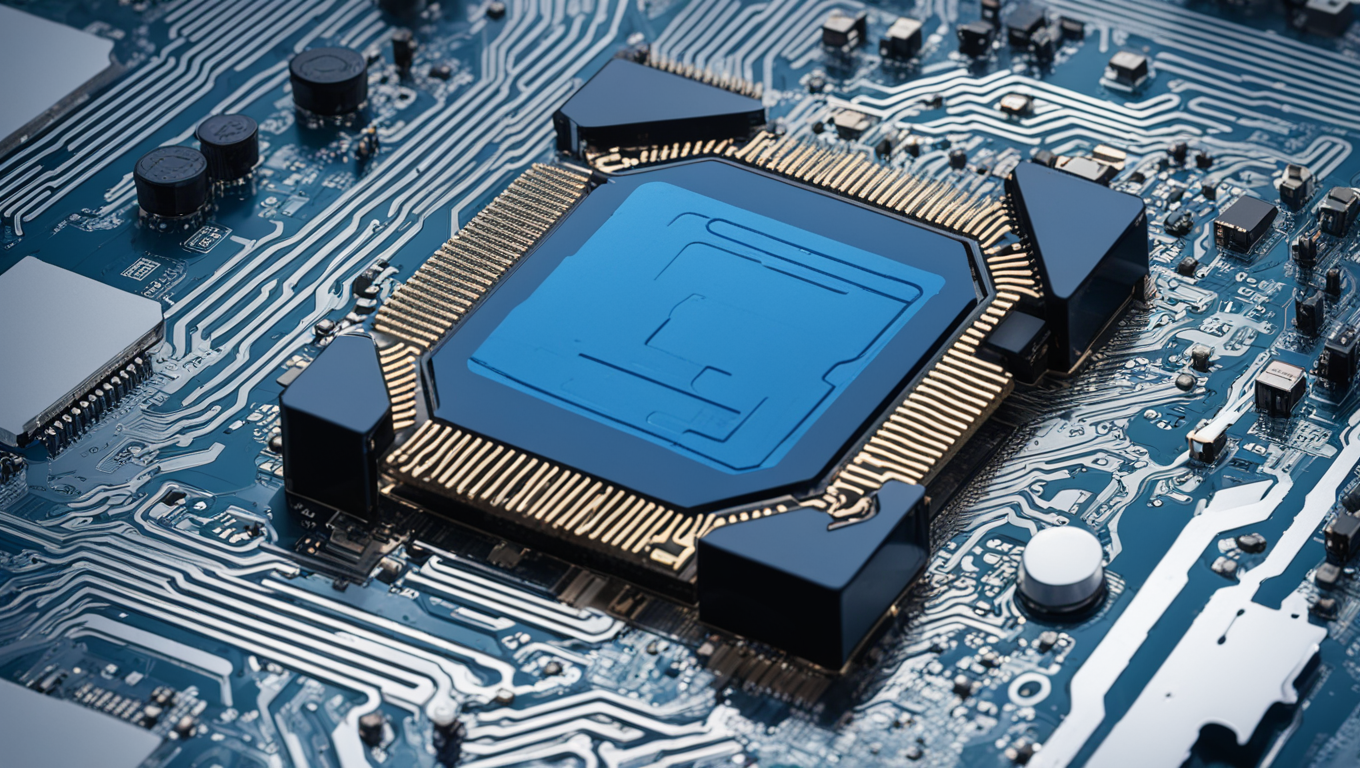Microsoft has recently made a significant move in the field of artificial intelligence (AI). The tech giant has introduced its own custom-designed computing chips to power its AI services and cut down costs. The company unveiled two new chips, named Maia and Cobalt, at its Ignite developer conference in Seattle. While Maia is specifically designed to accelerate AI computing tasks, Cobalt serves as both a cost-saving measure and a competitor to Amazon Web Services' in-house chips.
The high cost of delivering AI services has been a major challenge for Microsoft and other tech companies. These costs can be up to ten times higher than traditional services such as search engines. However, Microsoft aims to overcome this obstacle by developing its own foundational AI models and utilizing custom-designed chips. Scott Guthrie, the executive vice president of Microsoft’s cloud and AI group, highlighted the benefits of this approach, stating, “We think this gives us a way that we can provide better solutions to our customers that are faster and lower cost and higher quality.”
The Maia chip, in particular, has been optimized for running large language models, a type of AI software that underpins Microsoft’s Azure OpenAI service. It is a result of Microsoft’s collaboration with ChatGPT creator OpenAI. By utilizing the Maia chip, Microsoft can enhance its $30-a-month “Copilot” service for business software users and enable developers to create custom AI services. Ben Bajarin, CEO of analyst firm Creative Strategies, emphasized that Microsoft’s ability to offer AI services in the cloud is a unique advantage due to the company’s substantial revenue generated from services per user.
Notably, Microsoft also announced its plan to provide Azure customers with cloud services running on the latest flagship chips from Nvidia and Advanced Micro Devices next year. This decision further demonstrates Microsoft’s commitment to delivering high-performance and cost-effective AI solutions to its customers. Moreover, it positions the company as a competitor to cloud rival Amazon Web Services, which offers its own series of in-house chips named Graviton.
While Microsoft’s technical details regarding the chips remain limited, it has revealed that both Maia and Cobalt are manufactured using 5-nanometer technology from Taiwan Semiconductor Manufacturing Co. Additionally, Rani Borkar, corporate vice president for Azure hardware systems and infrastructure, mentioned that Microsoft is shifting towards standardization, using standard Ethernet network cabling rather than expensive custom Nvidia networking technology for the Maia chip.
Overall, Microsoft’s introduction of its own AI chips strengthens its position in the AI market and equips the company with the means to provide faster, cost-effective, and high-quality AI services to its customers. With this move, Microsoft joins other tech giants like Apple, Google, and Amazon, who have also developed their own custom chips to enhance their AI capabilities. As the field of AI continues to advance, these developments highlight the growing importance of customized hardware solutions to optimize AI performance and drive innovation in the industry.





Use the share button below if you liked it.